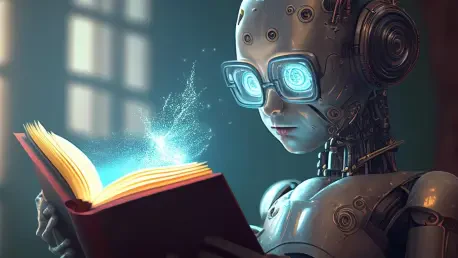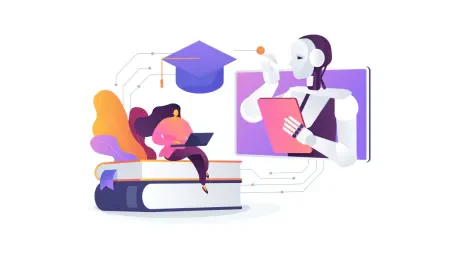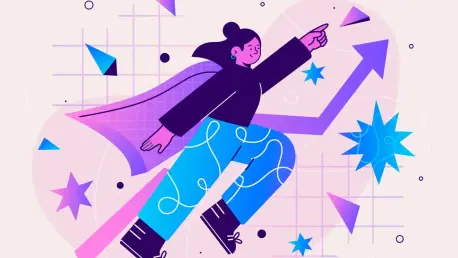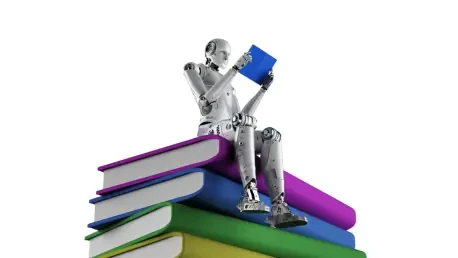
Artificial Intelligence (AI) has rapidly become a buzzword in education, poised to revolutionize literacy by enhancing the way students read and comprehend texts. With literacy rates stagnating in many parts of the world, AI offers a gateway to personalized and adaptive learning experiences that

Artificial Intelligence (AI) is undoubtedly making significant strides in many facets of modern life, including education, yet it remains uncertain whether this technology can overcome long-standing challenges within the educational system. As classrooms worldwide integrate AI into learning

In today's rapidly digitalizing world, educational institutions face the challenge of integrating cutting-edge technology to enhance learning experiences. Prompt engineering is emerging as a pivotal technological advancement, transforming traditional educational paradigms. It utilizes precise

Imagine receiving an essay so flawlessly structured and articulate that it seems too perfect to be genuine. This scenario now challenges educators to discern whether works submitted by students are human-crafted or AI-generated. As technology evolves at a rapid pace, so do the strategies to uphold

What if the learning process could transcend simple knowledge transmission, helping individuals truly grow and develop on a personal level? Imagine a classroom where AI mentors dynamically adapt to each student's emotional and cognitive landscape, fostering not just academic skills but genuine

As AI technologies become embedded in both personal and educational experiences, there's an increasing need to address how students interact with these tools. Despite the rise in AI usage, only a small number of U.S. school districts have instituted formal policies governing this engagement. The